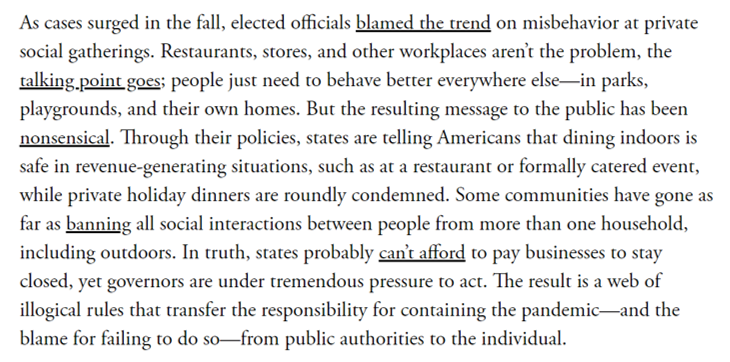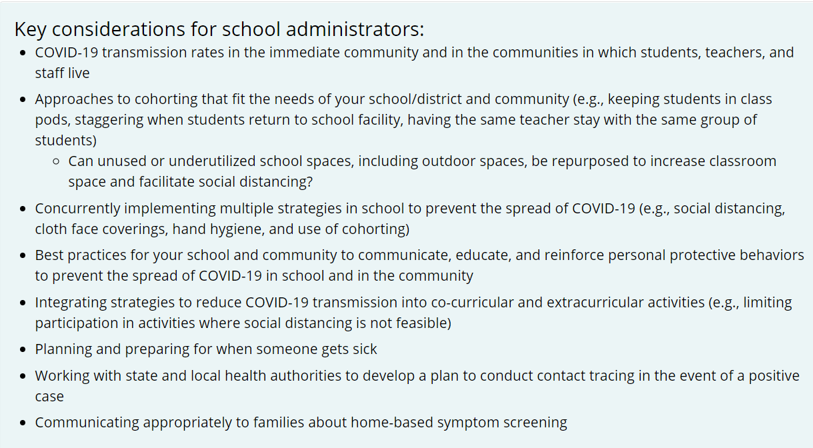In contrast to #COVID19, there are powerful pharmaceutical interventions that can prevent HIV transmission: #PrEP is ~99% effective and #UequalsU is 100% effective.
So why has HIV incidence essentially flatlined in the U.S., and what does this mean for COVID19?
THREAD.
So why has HIV incidence essentially flatlined in the U.S., and what does this mean for COVID19?
THREAD.

Structural inequities ensure that HIV prevention strategies are used least by those most in need. That's why incidence is *increasing* in young Black gay and bi men while stable or declining in other groups.
The result: highly effective interventions, limited population impact.
The result: highly effective interventions, limited population impact.

We can't just put interventions out in the world and hope for the best — we have to address people's barriers to using them.
Unstable housing is a key barrier for HIV. So what happens when we provide housing assistance? HIV outcomes improve. ajph.aphapublications.org/doi/10.2105/AJ…
Unstable housing is a key barrier for HIV. So what happens when we provide housing assistance? HIV outcomes improve. ajph.aphapublications.org/doi/10.2105/AJ…

Shutdowns, distancing, masks, test/trace/isolate —population impact of these interventions on #COVID19 will be limited unless we address the inequities that drive transmission.
We can't wait till the virus is under control to address equity. Equity IS how it gets under control.
We can't wait till the virus is under control to address equity. Equity IS how it gets under control.

Like HIV, #COVID19 risk is heterogeneous and our response needs to reflect that. cmaj.ca/content/192/25…
Equity means doing more for those who need more: UBI, paid sick leave, health insurance, housing, safe isolation spaces, etc.
More complex? Yes. More impactful? Also yes.
Equity means doing more for those who need more: UBI, paid sick leave, health insurance, housing, safe isolation spaces, etc.
More complex? Yes. More impactful? Also yes.

• • •
Missing some Tweet in this thread? You can try to
force a refresh







